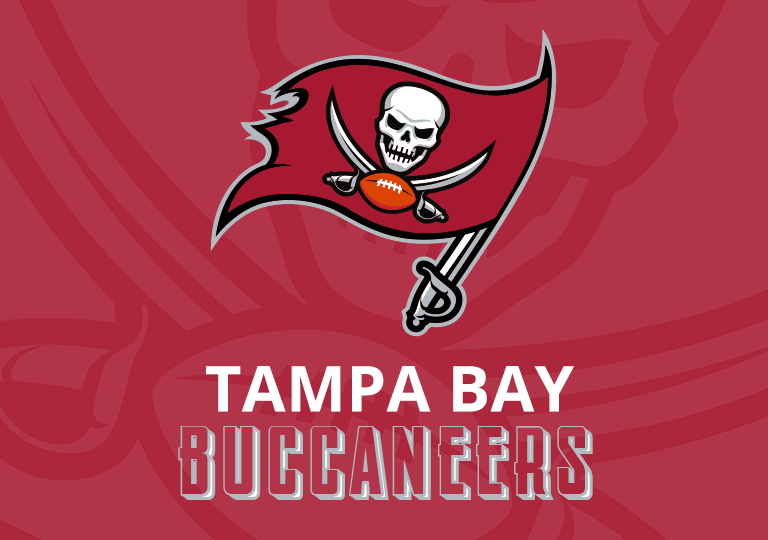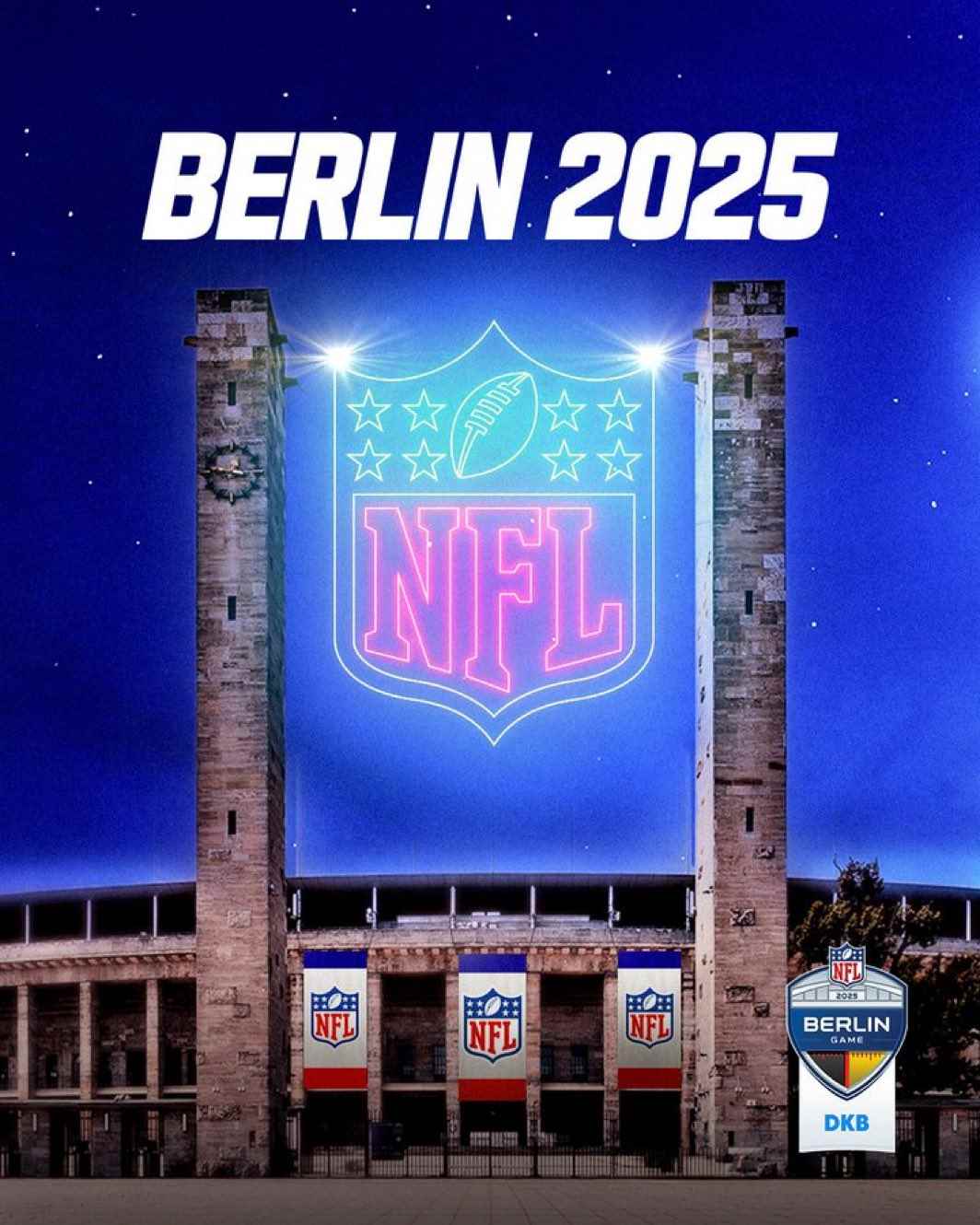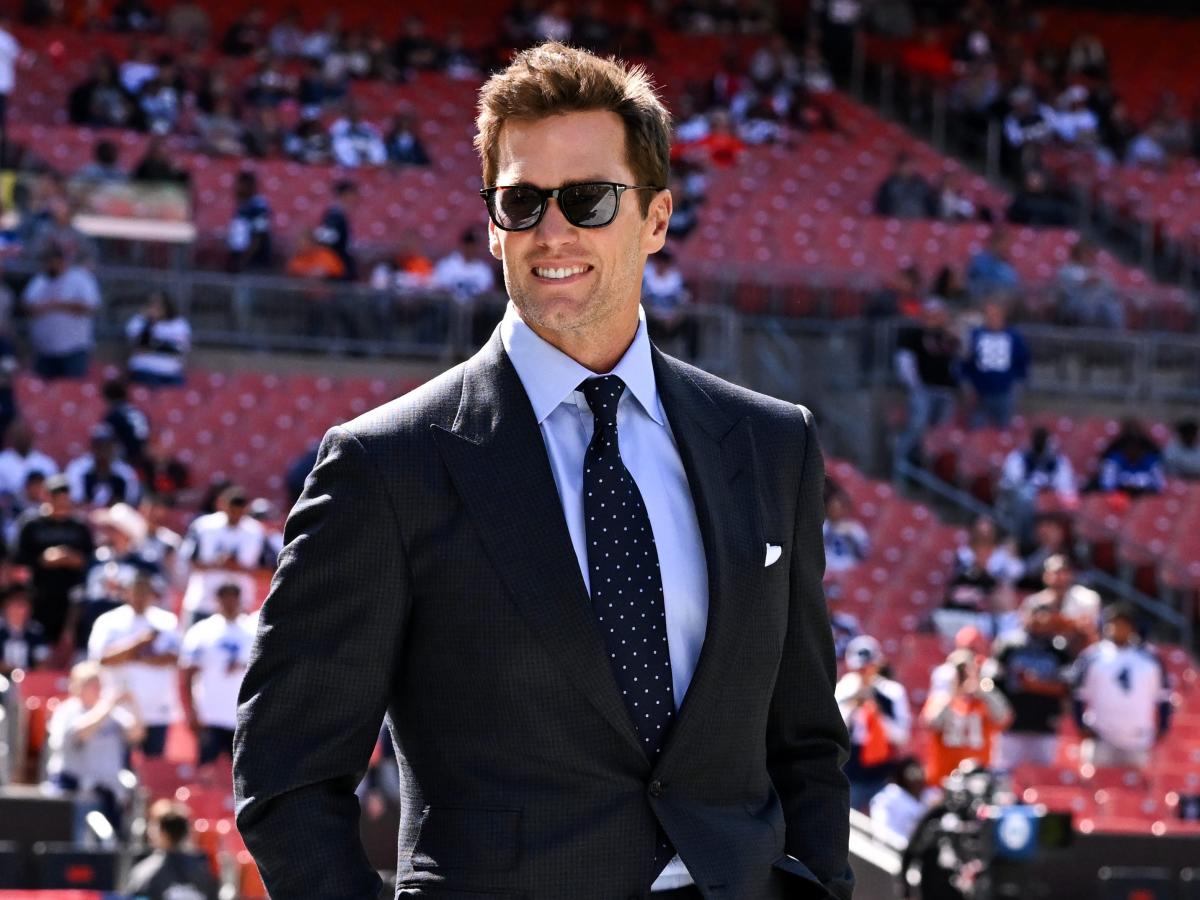

Tampa Bay Buccaneers
Based in sunny Tampa, Florida, the Tampa Bay Buccaneers, often known simply as the “Bucs,” are an American professional gridiron football team. As part of the National Football League’s National Football Conference, the Buccaneers triumphed in two Super Bowl titles in 2003 and 2021.Early Years and Rough Start
Established in 1976, the Bucs initially didn’t make much of a splash. Their first season in the NFL resulted in a dismal 0-14 record. After spending their debut year in the American Football Conference, they switched to their current conference in 1977. The team’s early years were marked by a 26-game losing streak, which remains an NFL record. However, these rough beginnings were not without bright spots. The team boasted future Hall of Fame defensive end, Lee Roy Selmon, while the charm of head coach John McKay won the hearts of football fans nationwide.Late 70s and Early 80s
In a surprising turn of events, the Bucs, led by quarterback Doug Williams, secured 10 wins and made it to the postseason in 1979. Their journey ended at the conference championship game, where the Los Angeles Rams defeated them. The Bucs continued to make the playoffs in 1981 and 1982 but subsequently hit a low with a 2-14 record in 1983. A streak of 12 seasons of double-digit loss totals marred the team’s record from 1983 onwards. During this period, many high-profile players, including Bo Jackson, Steve Young, and Vinny Testaverde, underperformed for the Bucs but succeeded with other teams.Late 90s and Early 2000s
The late 90s saw the Buccaneers rise under head coach Tony Dungy. Building a robust defense with players like Warren Sapp, Derrick Brooks, John Lynch, and Ronde Barber, Dungy’s team made four postseason appearances between 1997 and 2001. Despite this success, the Buccaneers’ offensive limitations resulted in multiple playoff losses. Dungy was dismissed in early 2002, making way for head coach Jon Gruden, who was hired to bolster the team’s offense. In 2002, the team’s top-ranked defense propelled the Bucs to a 12-4 record and helped them upset the Philadelphia Eagles in the NFC championship game. This momentum carried them to their first Super Bowl victory in Super Bowl XXXVII, where they defeated the Oakland Raiders.Struggles and Rebuilding
After a period of mixed results and a disappointing 2008 season, Gruden was released, triggering a significant shake-up in the coaching staff, management, and roster. The efforts to rebuild the franchise didn’t pay off immediately. Although the Bucs managed 10 wins in 2010, they didn’t make the playoffs. A new phase began with the hiring college coach Greg Schiano, who oversaw two losing seasons before being released in 2013. The team then chose to build around young quarterback Jameis Winston, achieving their first winning record in six seasons in 2016. However, this success was fleeting.Revival: The Brady Era and Beyond
A significant turning point came in the 2020 off-season when the Buccaneers signed quarterback Tom Brady, marking the end of his 20-year tenure with the New England Patriots. The signing proved monumental. Under Brady’s leadership, Tampa Bay claimed 11 victories, earning a playoff berth. The Buccaneers continued to dominate in the postseason, securing three consecutive road wins and making their second Super Bowl appearance. They clinched their second Super Bowl title by defeating the Kansas City Chiefs, marking a new era of success for the franchise.Ready to Win?
SIGN UP TODAY AND
GET YOUR FREE PLAY.
When you make your first deposit, and get up to $2,500 sign up bonus.
From the comfort of your mobile device, place your bets and have fun betting.
FEATURED ON
Trust the experts. BUSR is the first place people go for the latest odds in horse racing, sports and entertainment.











